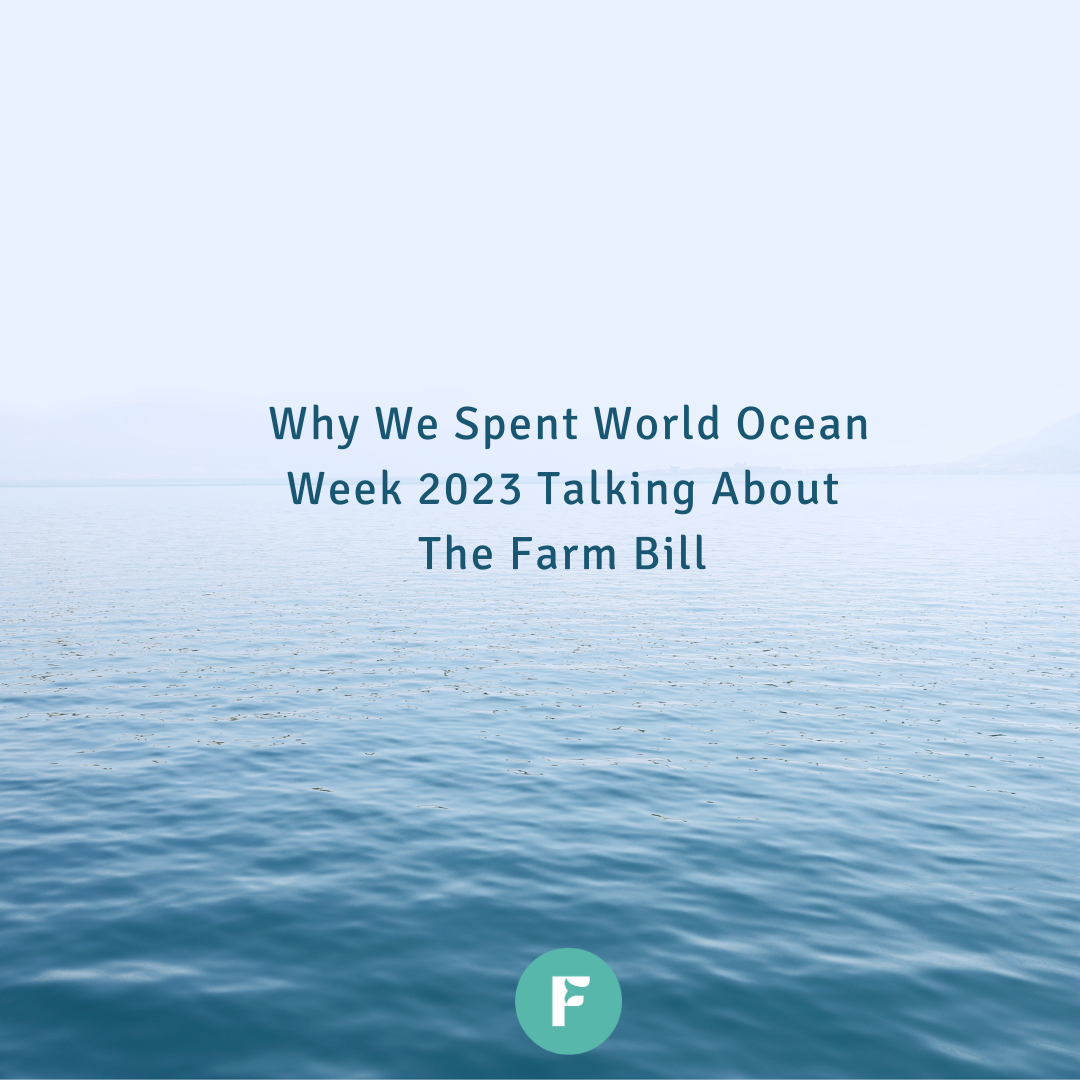Fun Fact: In the US, October is National Seafood Month. It was first instituted by Congress over 30 years ago as a way to honor the historical industry and its incredible contributions to our economy, coastal communities, and everyday diets. We get pretty excited about this month at Finless Foods, as it’s a time to remind operators and consumers of the amazing potential traditional seafood and alternative dishes have to offer our health, palette, and the planet, and the importance of prioritizing sustainability in deciding what to source, serve, and eat. As part of National Seafood Month, we call on chefs to reflect on their menus and put forward dishes that not only delight consumers but help them feel good about supporting a healthy, thriving ocean.
So, what is the role of the operator in 2022? It’s as simple as adding plant-based alternative seafood to your menu. With global seafood consumption expected to increase by as much as 16% over the next decade, it’s imperative to incorporate alternative seafood to keep up with demand, maintain healthy fisheries, preserve biodiversity, and satisfy the conscious consumer. Here are all the reasons why you should join the movement!
The Opportunity for Impact
Seafood alternatives offer comparable taste, texture, and versatility with great additional environmental benefits. Finless’s plant-based tuna is a substitute for raw, poke-style tuna and the perfect base for many dishes, but the choice also relieves pressure on historically overexploited species. Worldwide tuna populations have declined by approximately 60% over the last half-century, and with the ocean-facing additional threats, such as climate change, it’s increasingly necessary for restaurants to offer options that allow in-demand stocks to recover and be managed sustainably. Plant-based tuna does just that! Operators are still able to offer customers their favorite dishes and the flavors they crave, while also keeping their menu sustainable and future-minded.
The Operator and Consumer Benefits
Climate lifestyle eating is an emerging trend, with a growing number of consumers, especially Gen Z, indicating Climatrian best describes how they eat today. According to Datassential, 30% of consumers believe restaurants should take a stand on climate change and 25% are looking forward to eating more plant-based foods in the year ahead. 50% of consumers in the United States said they are more likely to make a restaurant choice based on eco-friendly practices.
Chefs should feel confident with plant-based additions, as they also have true potential to increase their bottom line. For example, food waste is greatly reduced, as every piece of plant-based seafood can be used and has a longer shelf life. No more throwing out unused parts of wild-caught seafood or seeing it spoil before it gets eaten, an unfortunate and all-too-common headache endured by head chefs. Alternatives also offer predictable and stable pricing, too; wild-caught fish prices fluctuate based on demand, seasonality, and complex supply chains. Plant-based foods are also versatile, quick-to-prepare (just thaw and serve), and come from a supply chain that’s more easily traceable and transparent.
The Future of Seafood
According to Global Market Insights, the plant-based fish market is expected to grow by 28% in the next decade, netting an eventual 1.3 billion dollar value. But, plant-based seafood is just the beginning. Over the next few years, cell-cultured options like Finless Foods’ bluefin tuna product will also come to market, creating additional options to increase the diversity of sourcing on our plates. With more people than ever seeking alternatives and looking to make sustainable choices when dining away from home, restaurants refusing to embrace change will be left behind. Feel free to explore our website or shoot us a note if you have questions about how you can join in on the new wave of seafood!
Sources:


